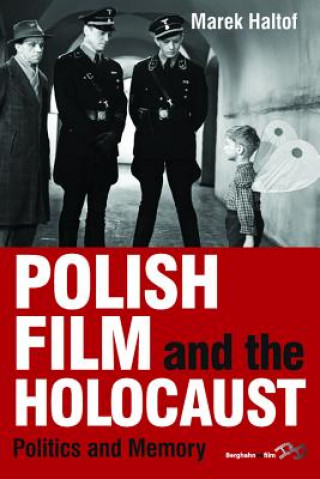
Kod: 04428520
Polish Film and the Holocaust
Autor Marek Haltof
...the author has identified a significant and little examined subject for study, and displays a deep knowledge of it...Where previously the issue of Polish film and the Holocaust had been addressed in single articles or chapters ... więcej
- Język:
 Angielski
Angielski - Oprawa: Twarda
- Liczba stron: 288
Wydawca: Berghahn Books, 2012
- Więcej informacji o książce

Zobacz książki o podobnej tematyce
-
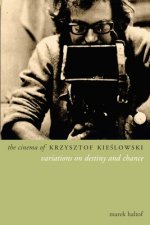
Cinema of Krzysztof Kieslowski
122.60 zł -
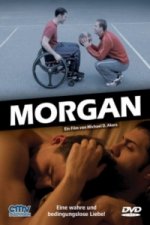
Morgan, 1 DVD (englisches OmU)
105.61 zł -

Inspired by the Psalms
50.04 zł -
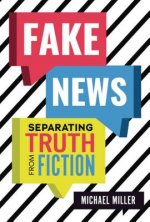
Fake News: Separating Truth from Fiction
172.44 zł -

Disasters
174.15 zł -

Stiffness Evaluation of Structural Round Timber Beams via FEM
222.79 zł -4 %
Podaruj tę książkę jeszcze dziś
- Zamów książkę i wybierz "Wyślij jako prezent".
- Natychmiast wyślemy Ci bon podarunkowy, który możesz przekazać adresatowi prezentu.
- Książka zostanie wysłana do adresata, a Ty o nic nie musisz się martwić.
Więcej informacji o Polish Film and the Holocaust
Za ten zakup dostaniesz 419 punkty
 Opis
Opis
...the author has identified a significant and little examined subject for study, and displays a deep knowledge of it...Where previously the issue of Polish film and the Holocaust had been addressed in single articles or chapters on the depiction of the Holocaust in particular films, here, for the first time we have a history. Jeremy Hicks, University of London During World War II Poland lost more than six million people, including about three million Polish Jews who perished in the ghettos and extermination camps built by Nazi Germany in occupied Polish territories. This book is the first to address the representation of the Holocaust in Polish film and does so through a detailed treatment of several films, which the author frames in relation to the political, ideological, and cultural contexts of the times in which they were created. Following the chronological development of Polish Holocaust films, the book begins with two early classics: Wanda Jakubowska's The Last Stage (1948) and Aleksander Ford's Border Street (1949), and next explores the Polish School period, represented by Andrzej Wajda's A Generation (1955) and Andrzej Munk's The Passenger (1963). Between 1965 and 1980 there was an "organized silence" regarding sensitive Polish-Jewish relations resulting in only a few relevant films until the return of democracy in 1989 when an increasing number were made, among them Krzysztof Kieslowski's Decalogue 8 (1988), Andrzej Wajda's Korczak (1990), Jan Jakub Kolski's Keep Away from the Window (2000), and Roman Polanski's The Pianist (2002). An important contribution to film studies, this book has wider relevance in addressing the issue of Poland's national memory. Marek Haltof is Professor at Northern Michigan University in Marquette. His recent books include the Historical Dictionary of Polish Cinema (2007), Australian Cinema: The Screen Construction of Australia (in Polish, 2005), The Cinema of Krzysztof Kieslowski: Variations on Destiny and Chance (2004), and Polish National Cinema (2002).
 Szczegóły książki
Szczegóły książki
Kategoria Książki po angielsku Humanities History History: specific events & topics
717.44 zł
- Pełny tytuł: Polish Film and the Holocaust
- Autor: Marek Haltof
- Język:
 Angielski
Angielski - Oprawa: Twarda
- Liczba stron: 288
- EAN: 9780857453563
- ISBN: 0857453564
- ID: 04428520
- Wydawca: Berghahn Books
- Waga: 520 g
- Wymiary: 233 × 188 × 20 mm
- Data wydania: 01. January 2012
Ulubione w innej kategorii
-
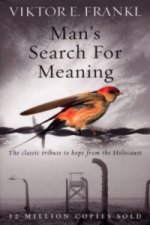
Man's Search for Meaning
31.34 zł -3 % -
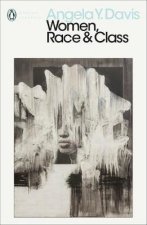
Women, Race & Class
46.92 zł -14 % -
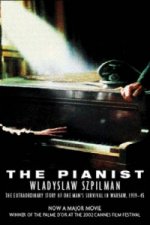
Pianist
47.73 zł -22 % -
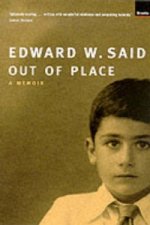
Out Of Place
51.85 zł -23 % -
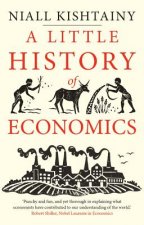
Little History of Economics
65.41 zł -4 % -
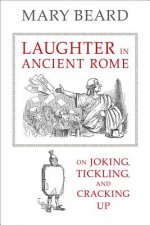
Laughter in Ancient Rome
85.81 zł -11 % -
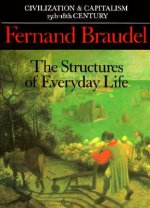
Civilization and Capitalism, 15th-18th Century
279.87 zł -
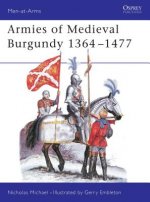
Armies of Medieval Burgundy 1364-1477
67.42 zł -15 % -
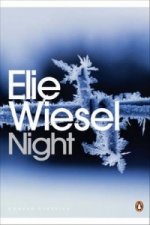
Night
42.60 zł -23 % -
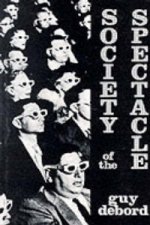
Society of the Spectacle
49.84 zł -
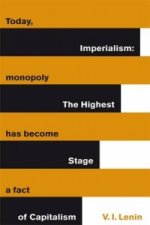
Imperialism: The Highest Stage of Capitalism
28.23 zł -22 % -
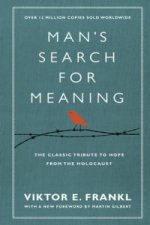
Man's Search For Meaning
70.24 zł -23 % -
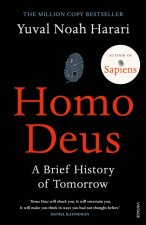
Homo Deus
46.92 zł -31 % -
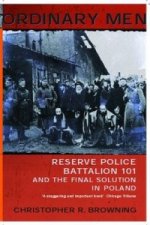
Ordinary Men
52.25 zł -15 % -
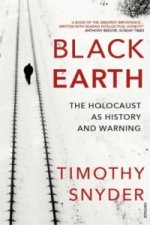
Black Earth
61.09 zł -15 % -
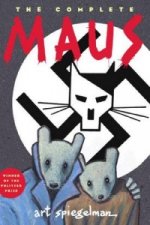
The Complete MAUS
78.78 zł -14 % -
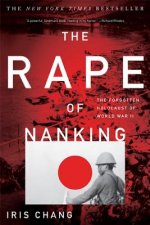
The Rape of Nanking
85.41 zł -5 % -
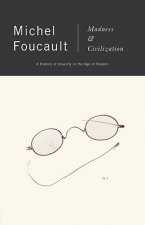
Madness and Civilization
81.29 zł -11 % -
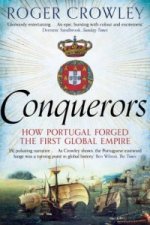
Conquerors
53.96 zł -15 % -
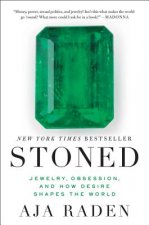
Stoned
47.22 zł -23 % -
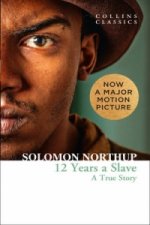
Twelve Years a Slave
15.26 zł -23 % -

At Home
51.85 zł -23 % -
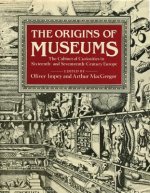
Origins of Museums
288.21 zł -7 % -
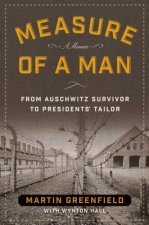
Measure of a Man
44.71 zł -26 % -
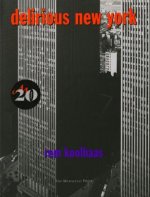
Delirious New York
145.21 zł -5 % -
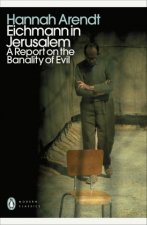
Eichmann in Jerusalem
52.25 zł -15 % -
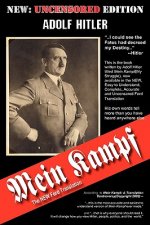
Mein Kampf - The Ford Translation
171.94 zł -
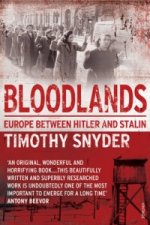
Bloodlands
43.30 zł -31 % -

Guns, Germs and Steel
61.09 zł -15 % -

Cold War Submarines
178.27 zł -5 % -
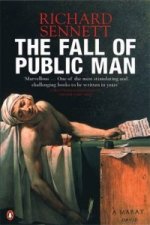
Fall of Public Man
70.24 zł -23 % -
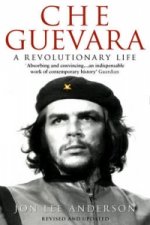
Che Guevara
92.95 zł -23 % -
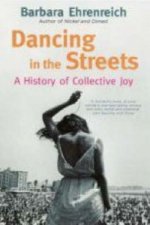
Dancing In The Streets
51.85 zł -23 % -
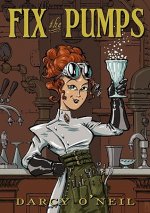
Fix the Pumps
73.25 zł -4 % -
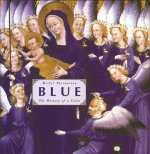
Blue
159.08 zł -5 % -
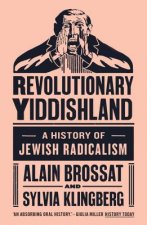
Revolutionary Yiddishland
57.57 zł -14 % -
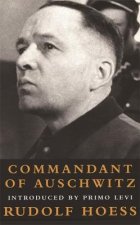
Commandant Of Auschwitz
51.85 zł -23 % -
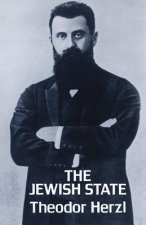
Jewish State
49.33 zł -4 % -
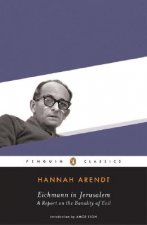
Eichmann in Jerusalem
77.37 zł -5 % -
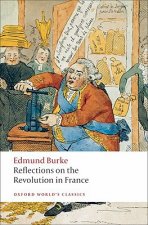
Reflections on the Revolution in France
42.60 zł -23 % -
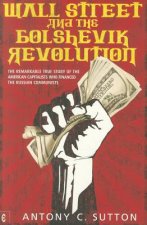
Wall Street and the Bolshevik Revolution
60.99 zł -23 % -

Corgi Toys
77.57 zł -11 % -
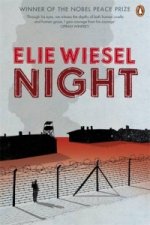
Night
47.22 zł -23 % -
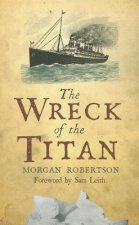
Wreck of the Titan
65.21 zł -5 % -
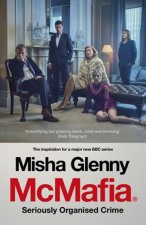
McMafia
51.85 zł -23 % -
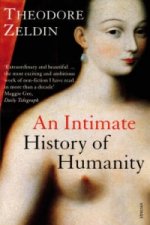
Intimate History of Humanity
60.99 zł -23 % -
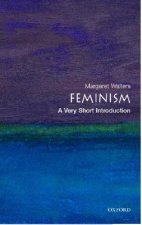
Feminism: A Very Short Introduction
42.60 zł -23 % -
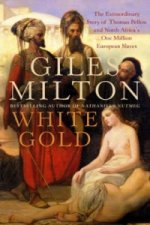
White Gold
60.99 zł -23 % -
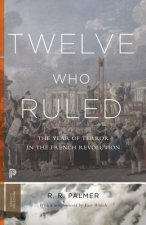
Twelve Who Ruled
109.13 zł -5 %
zadowolonych klientów
Od roku 2008 obsłużyliśmy wielu miłośników książek, ale dla nas każdy był tym wyjątkowym.
Copyright! ©2008-24 libristo.pl Wszelkie prawa zastrzeżonePrywatnieCookies



 21 milionów książek
21 milionów książek Dostawa 10.99 zł
Dostawa 10.99 zł (32) 444 93 66 (8-15.30h)
(32) 444 93 66 (8-15.30h)